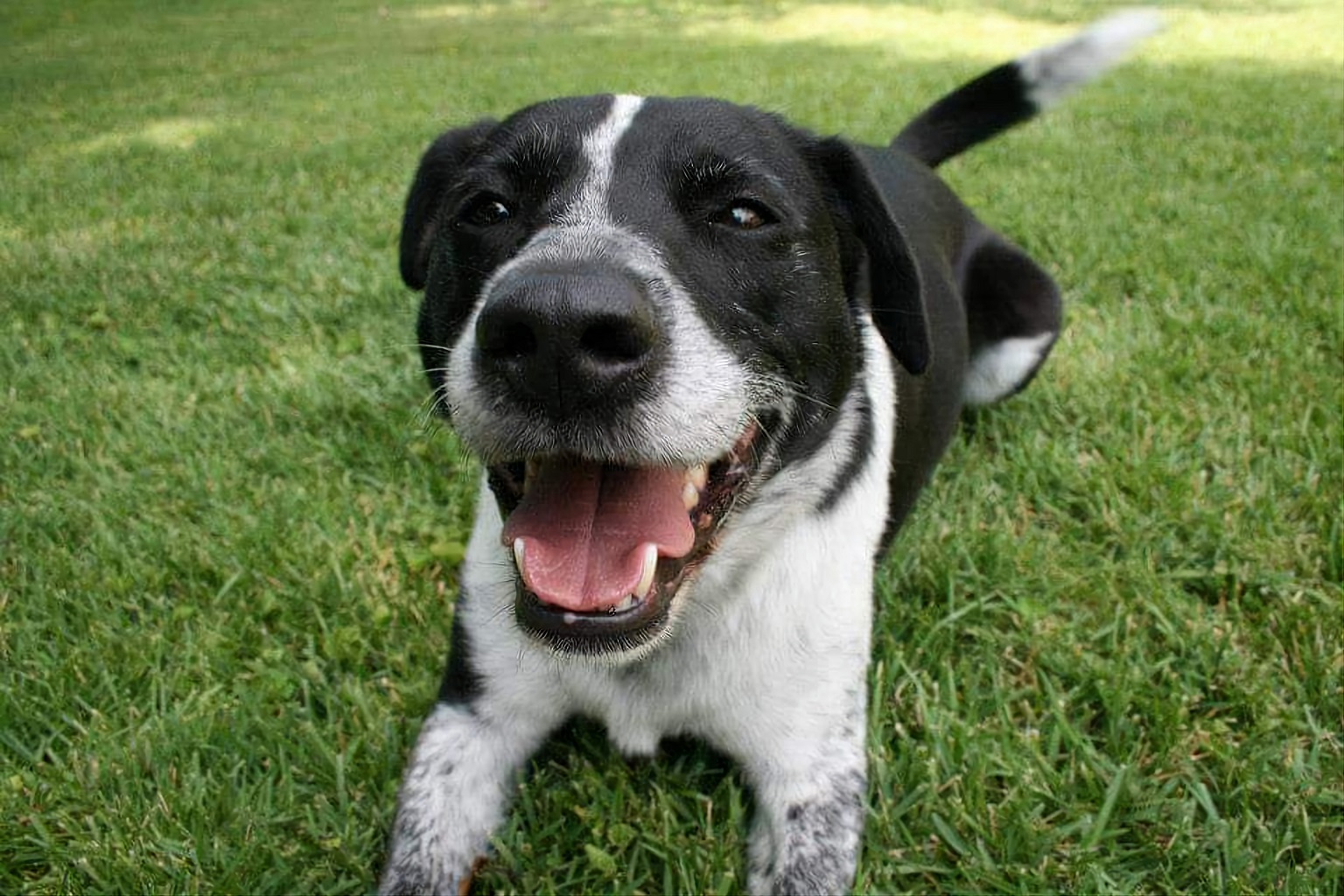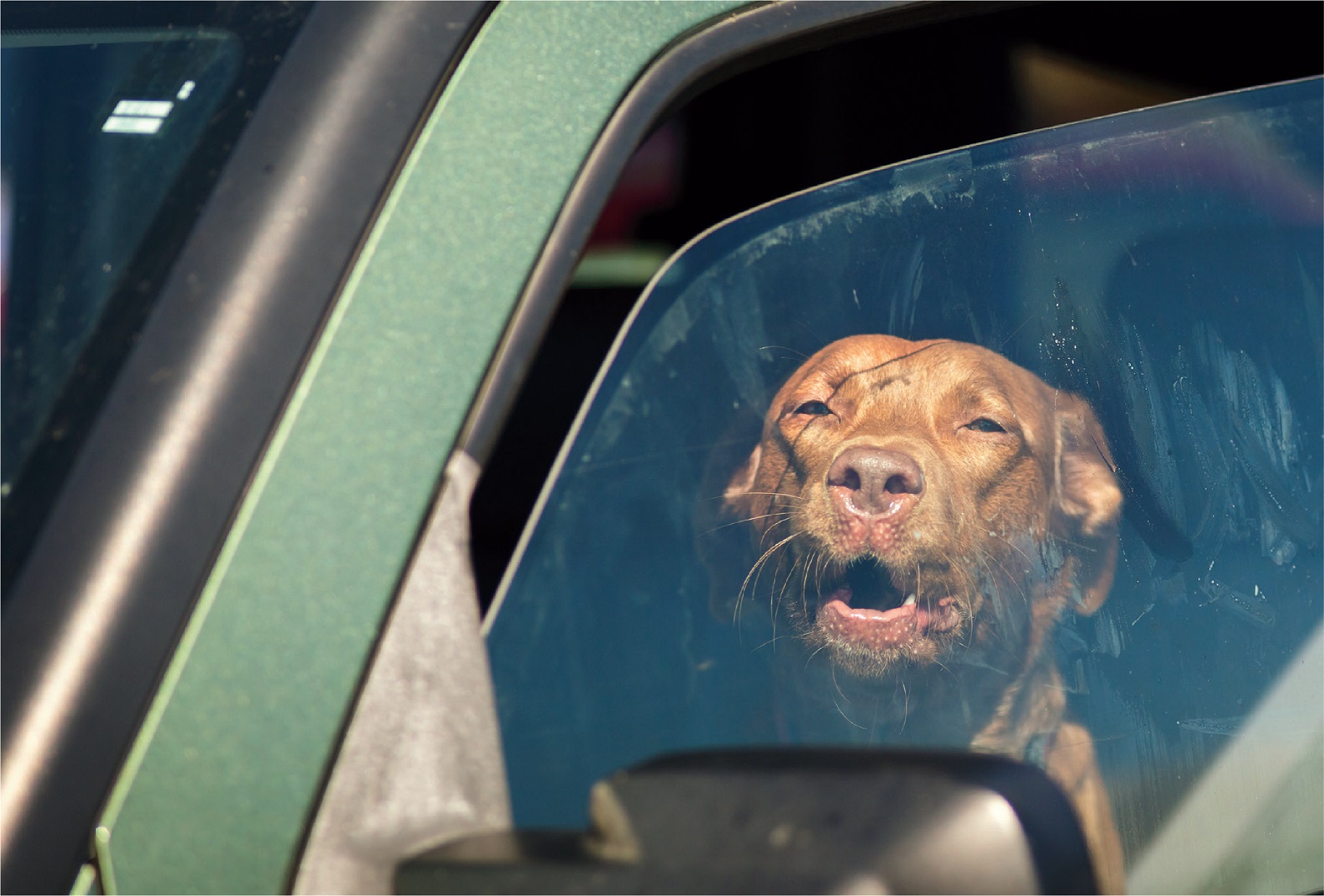
Celebration and good times may be in store for you and your loved ones this Fourth of July weekend, but fireworks and fanfare may not make for a good combination for your four-legged family members.
The Humane Society of Missouri has offered the following tips to keep pets safe, healthy and happy this holiday weekend:
- Fireworks are no fun for pets.
The bright lights and loud noises of fireworks are often frightening and disorienting for them. A dog’s ears, on average, are four times more sensitive than humans, so no matter how well-adapted you think your animal may be, it is usually better to keep them at home in a quiet and calming place. If you plan to host your own display, keep your furry friend away from the fireworks, as exposure to a lit firework could result in severe burns to a curious pet. Additionally, many substances used to create color in fireworks like potassium nitrate, arsenic and other heavy metals can be toxic, if swallowed. If fireworks usually cause your pet to become frightened and anxious, talk to your veterinarian ahead of time about supplements, pheromones or medications that may help your pet to feel calmer and more relaxed.

- 70 & over, don’t take Rover.
Keep the Humane Society of Missouri’s lifesaving motto in mind: 70 & Over, Don’t Take Rover!” When the temperature outside is 70 degrees or higher, the temperature inside a car can reach more than 100 degrees in minutes, regardless of whether a window is cracked, or the car is in the shade. If you see an animal in heat-related distress act immediately by calling the local police and the Humane Society of Missouri’s Animal Cruelty Hotline at (314) 647-4400.
- Don’t let your pet eat food they normally wouldn’t.
Hosting a barbeque is a staple of Independence Day. With delicious smells wafting off the grill, a pet will probably be begging for scraps. However, some festive human foods can be hazardous to animals. Foods they normally don’t eat can give them severe indigestion and diarrhea, and this is particularly true for older animals with specific nutritional requirements. Foods like onions, chocolate, coffee, avocado, grapes, raisins and salt can be toxic to pets.
- Make sure pets avoid intoxicating substances.
If you or any of your barbeque guests are planning to cut loose this holiday with alcohol or recreational cannabis, ensure these party favors are kept off the ground, low counters or anywhere else a pet could accidently ingest them. While these can be fun for humans, they are toxic and dangerous, potentially life-threatening, to our four-legged friends.
- Be aware of poison hazards.
Many substances found at a summer cookout or campsite can be harmful to pets if ingested. Don’t put any bug spray or sunscreen on your pets that is not made for animal use. Do not allow your animals to play with glowsticks or luminescent jewelry. Keep citronella candles, tiki torch oil and charcoal and other fire accelerants up high and away from any curious paws. These substances can cause irritation, stomach problems or even respiratory failure in extreme cases. If you think your pet has been poisoned, call your veterinarian or the Animal Medical Center of Mid-America at (314) 951-1534 immediately.
- Keep ID tags and microchips up to date.
Some pets can become so frightened by fireworks that they run away scared. Without proper identification it will be much harder to find them if they get lost. Always make sure that all ID tags are properly affixed to your pet’s collar and that they have your current contact information, including your cell phone number. Consider fitting your pet with microchip identification and ensure your registration, pet license information and photos are up to date, just in case you have to retrieve them from a shelter.





